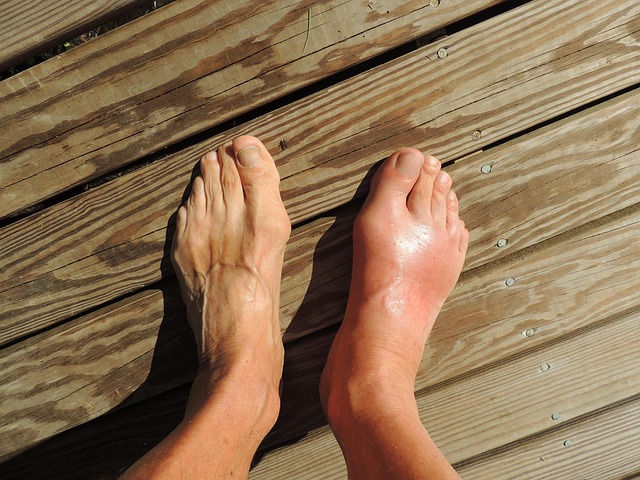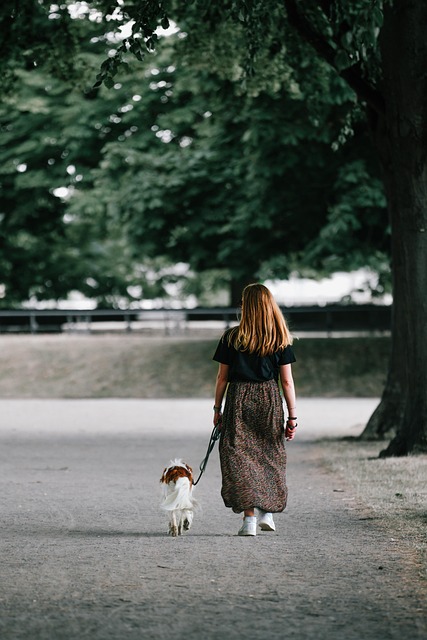In today’s busy world, our bodies quietly ask for rest.
Stress, fast food, dehydration, and lack of sleep have become “normal life.” But the gut doesn’t adjust to chaos—it reacts. One clear sign that our pace is out of balance is when digestion slows down and inflammation starts.
We often think of health as energy or appearance. But health is also about flow—how smoothly the body handles food and how easily it lets go of waste. Constipation and gut inflammation often come together. They show the same imbalance: the body is too still, while the mind is too stressed.
The Modern Gut: Overloaded and Under-Nourished
Our gut evolved for steady meals, natural foods, and daily movement. Modern habits go against this. Long hours of sitting, rushed meals, constant stress, and too little water all disrupt peristalsis—the muscle waves that move food along.
Inflammatory gut conditions, like ulcerative colitis, remind us the gut is more than a food tube. It is also part of the immune system. When inflammation flares, the colon slows down. This can cause constipation, cramps, and pain.
Many people are unaware of how inflammation can slow gut function, especially in chronic conditions like ulcerative colitis. What starts as a local immune reaction can turn into a full-body signal that something more profound, such as diet, stress, or systemic imbalance, needs attention.

Inflammation: The Body’s Fire and Its Signal
Inflammation is not always bad. It is the body’s way to heal. But when the signal stays on too long, it starts to harm the body instead of protect it.
In the gut, this shows up as swelling, slower movement, and more pain. The same immune messengers that fight infection can also confuse the gut nerves. This may cause diarrhea one day and constipation the next.
The goal is not to stop inflammation completely. Instead, it’s to learn what makes it worse and what helps calm it down.
Lifestyle as Medicine
No pill can replace the small daily habits that keep the gut healthy. Healing begins with awareness and steady routines.
- Move after meals
A short walk after eating helps the intestines work. Even ten minutes improves blood flow, lowers stress, and supports digestion. - Drink enough water
Water is more than thirst relief. It fuels every gut process. Fiber only works when hydrated. Without water, fiber can block the system instead of cleaning it. - Eat on a schedule
The gut likes rhythm. Try eating meals at the same times each day. Skipping or random eating confuses the body and can cause bloating and pain. - Pick anti-inflammatory foods
Leafy greens, berries, turmeric, ginger, and omega-3s help calm the body. Focus on nourishing foods, not strict limits. - Lower stress before eating
The body can’t digest well when stressed. Simple breathing, stretching, or a quiet moment before meals helps turn on the “rest and digest” mode.
The Mind–Gut Connection
The gut is often called the body’s “second brain.” It makes brain chemicals, reacts to emotions, and talks with the nervous system all the time.
Stress can slow the gut, upset hormones, and increase swelling. The same cortisol that helps you meet deadlines can also block movement in the intestines and dry out the colon, leading to constipation.
That’s why gut health is not only about food. Rest, movement, water, sunlight, and stress care all play a big role.
Environmental Health Starts Inside
We often think of “environment” as air, oceans, or forests. But the body is its own ecosystem, and the gut is the soil.
When the gut has a healthy mix of microbes, everything works well. When it is dry, toxic, or overworked, problems build up.
Our health connects to the planet’s health. The same balance and care that heal nature also help the body.
A Slower, Smarter Way Forward
Healing gut problems takes time. There is no quick pill for constipation or single cure for inflammation. But there is a pattern: slowing down helps the body recover faster.
By giving the gut time, water, and rest—and by listening instead of ignoring—you bring back balance.
Often, true healing comes not from doing more, but from doing less. Slower, calmer, and with more trust in what your body (and the earth) already knows.





